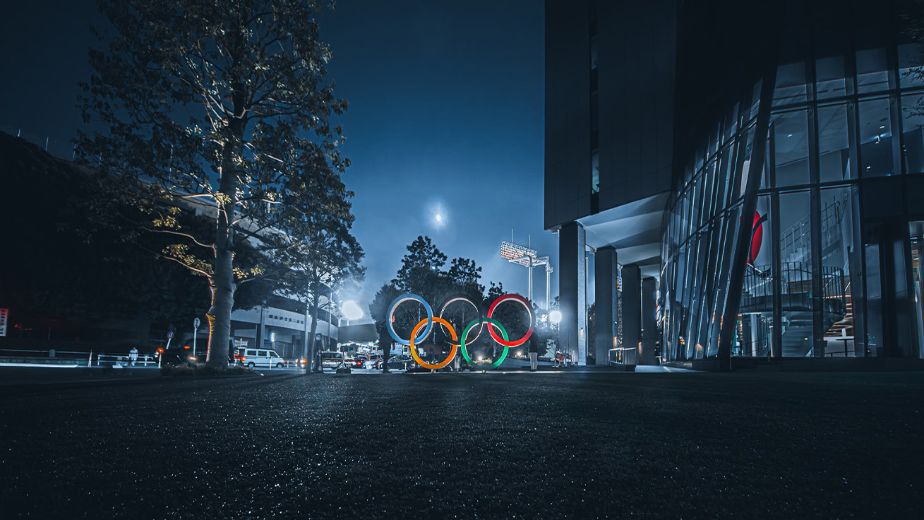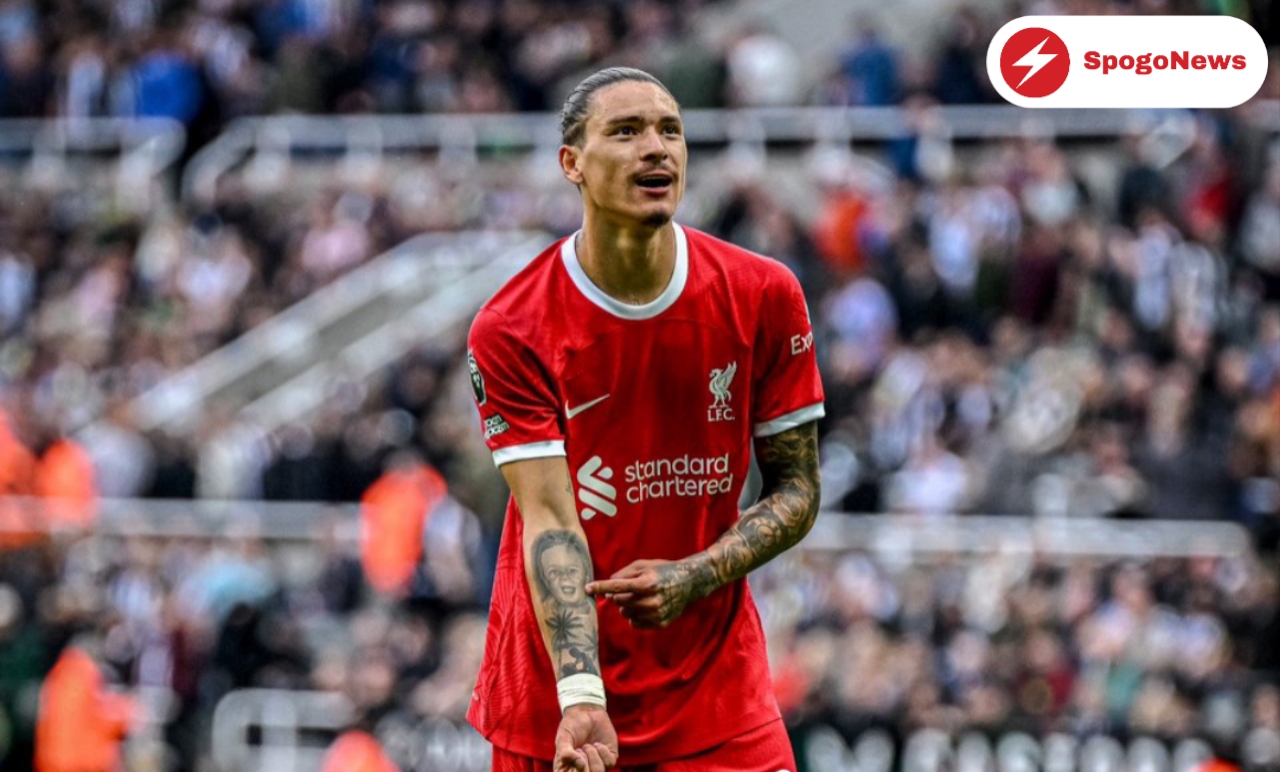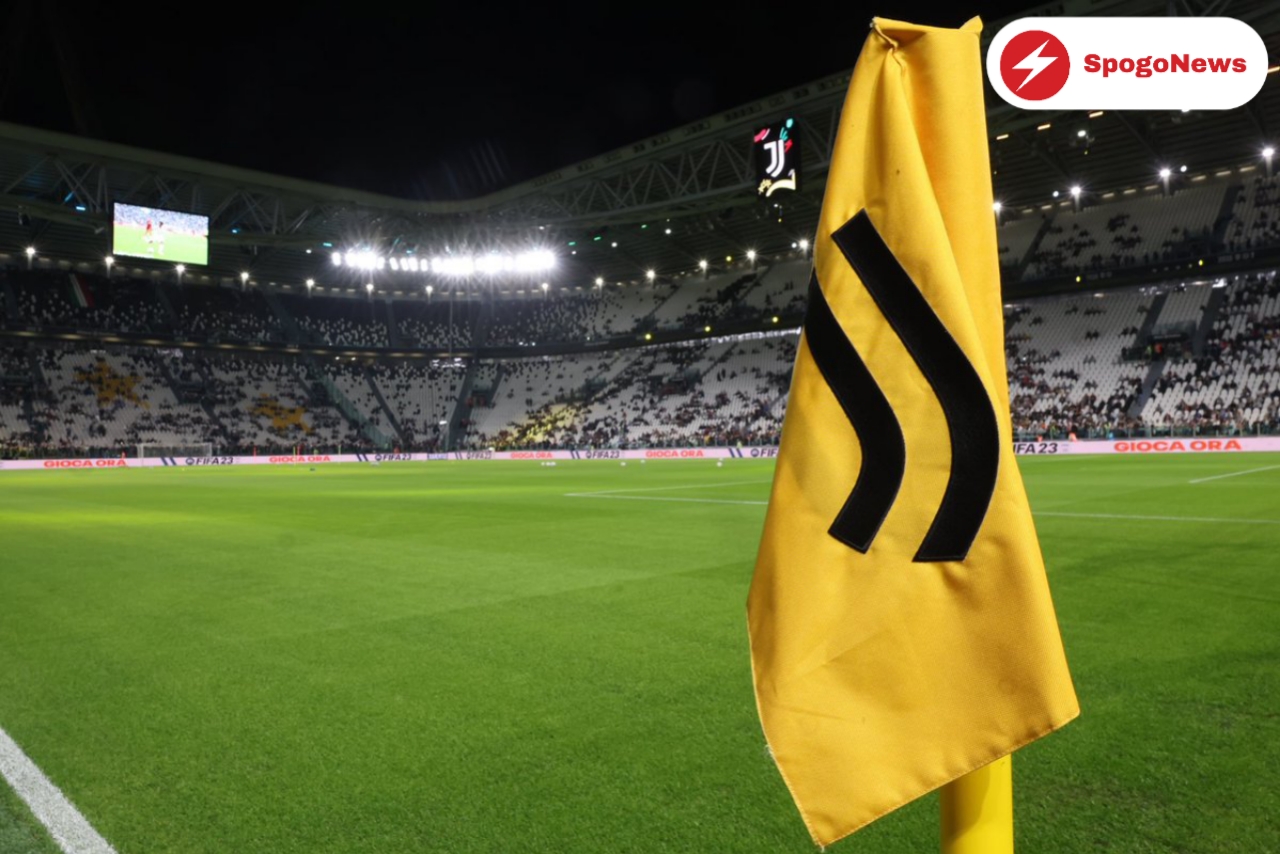We haven't seen a more controversial Olympics in decades compared to this year in Tokyo. The pandemic has highlighted a number of complications with what the sporting competition stands for. Many stand firmly against the Tokyo Olympics and want to see it be cancelled for multiple reasons, but the games plow forward anyway.
Sports without a doubt is an important aspect of life in multiple ways. Athletes train very hard and make big sacrifices for their performance. Sports even helps troubled individuals overcome extremely traumatic experiences; it has given many people a new lease on life. Sports instil core values such as discipline, strategic thinking, hard working attitude and self love. Historically, sports have also been responsible for warring countries to take pause and just play a game against their mortal enemy, putting aside their political feelings towards each other and forming a human connection in the midst of brutal killing and loss.
The Olympics itself has stood for that. At the beginning of the Olympics each year a truce is called and the host country promises a safe passage and a secure stay for visiting athletes. It is a tradition signifying that they stand together in the face of humanity, and that they are able, if need be, to put aside their religious or political differences to unite for something bigger.
That is not to say there have not been any breaches in the past. We can not forget how Hitler refused to shake hands with Jesse Owens because of the latter’s skin colour. Not just that, the Olympics started as an all white competition for men only. There have been multiple discriminatory allegations in this decade alone; Castor Semenya and Dutee Chand to name a few. The gymnastic categories have been marred with so many mental health and sexual assault issues.
If Olympics is allowed to move on from such incidents then how are they allowed to be in a position to fire someone who made a joke about Holocaust two decades ago. Nothing justifies such a joke, but one can't deny that it does make for an ironic situation. The Olympics committee not only fired the opening ceremony director for such allegations, they have now also discluded the music of composer Keigo Oyamada, because he bullied his classmates in school and boasted about it in some magazine interviews. If that isn’t hypocrisy I don’t know what is.
Also read: Amid COVID gloom, could it be 'India Shining' in Tokyo? All indications say yes
In recent times the Olympics no longer prioritizes the athletes as being central to the event. It has been highly politicized and corrupted, more so this year than any other. The pandemic has brought down the curtain and revealed the backdoor dealings, blackmail and political power plays of the organisers and brands that manipulate it for personal gains. ‘The spectacle disguises a rusty and corrupt system, prone to vote buying in the selection of host cities (including Tokyo), appeasement of dictators and unkept promises. To the fans of the Olympics, the positives outweigh the negatives’, a New York Times article reported.
The people of Japan stand against hosting the Olympics, because not even close to half of them have been administered both vaccines. There have been multiple protests and riots. The Japanese population largely feels that the Olympics will be unsafe, risky and invasive to their home country. Thomas Bach however has been impervious to critics and sometimes even to reality, and he just continued to claim that not only will the games happen, but also that they will be ‘safe and secure.’
He recently came out and said that he wasn’t sure if that would in fact be the case. He claimed he had multiple sleepless nights leading up to the games, worrying what would happen. Bach believes that the strong guidelines that they have set for anyone included in the Olympics are enough to protect everyone. Roughy 11,000 participants are expected to participate in the games and 4,400 in Paralympics and multiple times the staff and coaches. Who is to say that every one of these foreign visitors will follow every single guideline? Data collected by the International Olympic Committee (IOC) shows that as of 21 July, a total of 91 Covid cases had been recorded since 1 July linked to the Olympics. Athletes and staff members have tested positive for Covid-19 in the bio-bubble and we are yet to find out if they have infected others.
There has been speculation about what the cancellation of the Summer Olympics would mean for Japan. The Japanese government doesn’t want to be ridiculed for being unsuccessful at hosting the Olympics and specially because China is to host the winter Olympics in just a few months, they don't want to be the ones to do badly.
The IOC is also holding them to the contract that they signed way before the pandemic happened or anyone had any knowledge of it. Japan faces huge financial repercussions in case of cancellation of the competition. It would also mean political ruin for the Japanese Prime Minister Yoshihide Suga and Bach, considering how long they have been pushing the idea of hosting a successful Olympics. The financial backers of Suga’s political party would back out and let them take the fall.
The Olympics have clearly lost their way and it is becoming clear they need to find a way to make the uplifting of athletes their main concern. Even the schedule for the entire event was planned not according to the sportspersons but the broadcasting companies, and the financial gains that can be made for sponsors and organisers.
Even though the games try to project an inclusive and just image for themselves they always seem to be behind the curve. Yes, the games must go on, but do they have to backstage?






